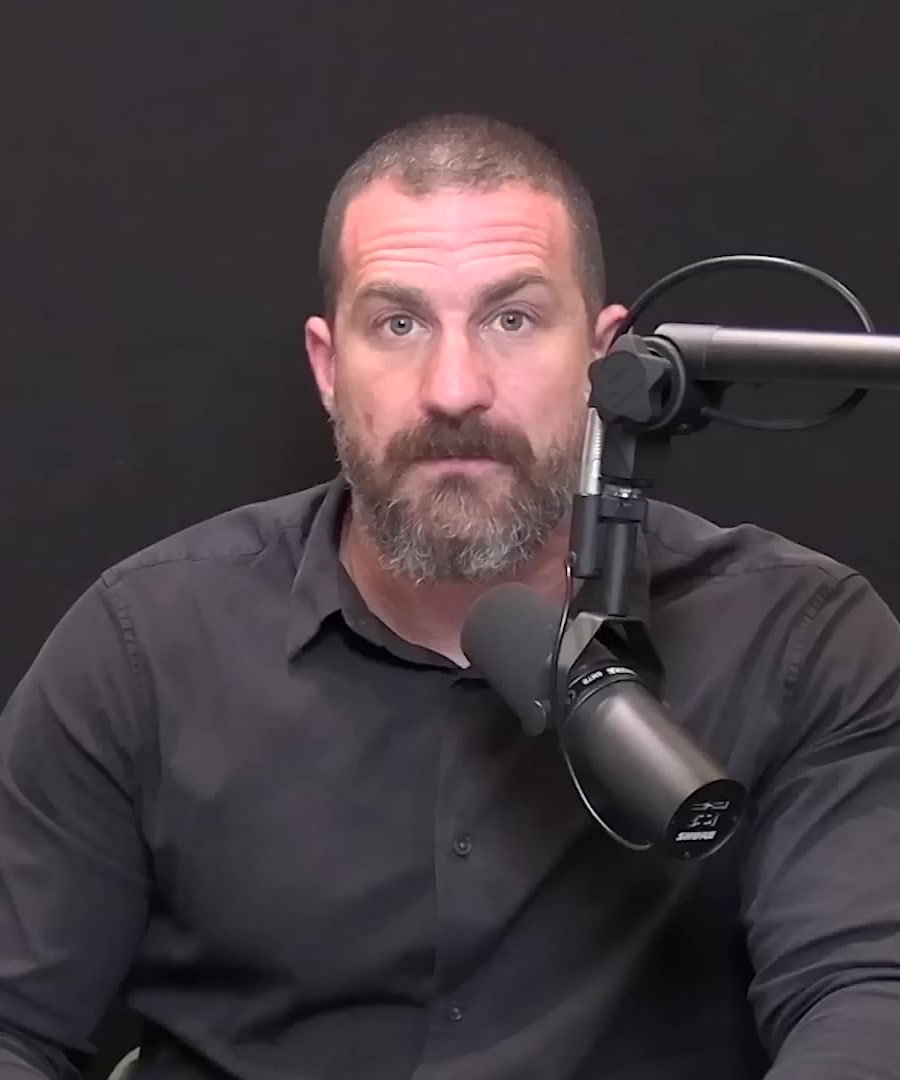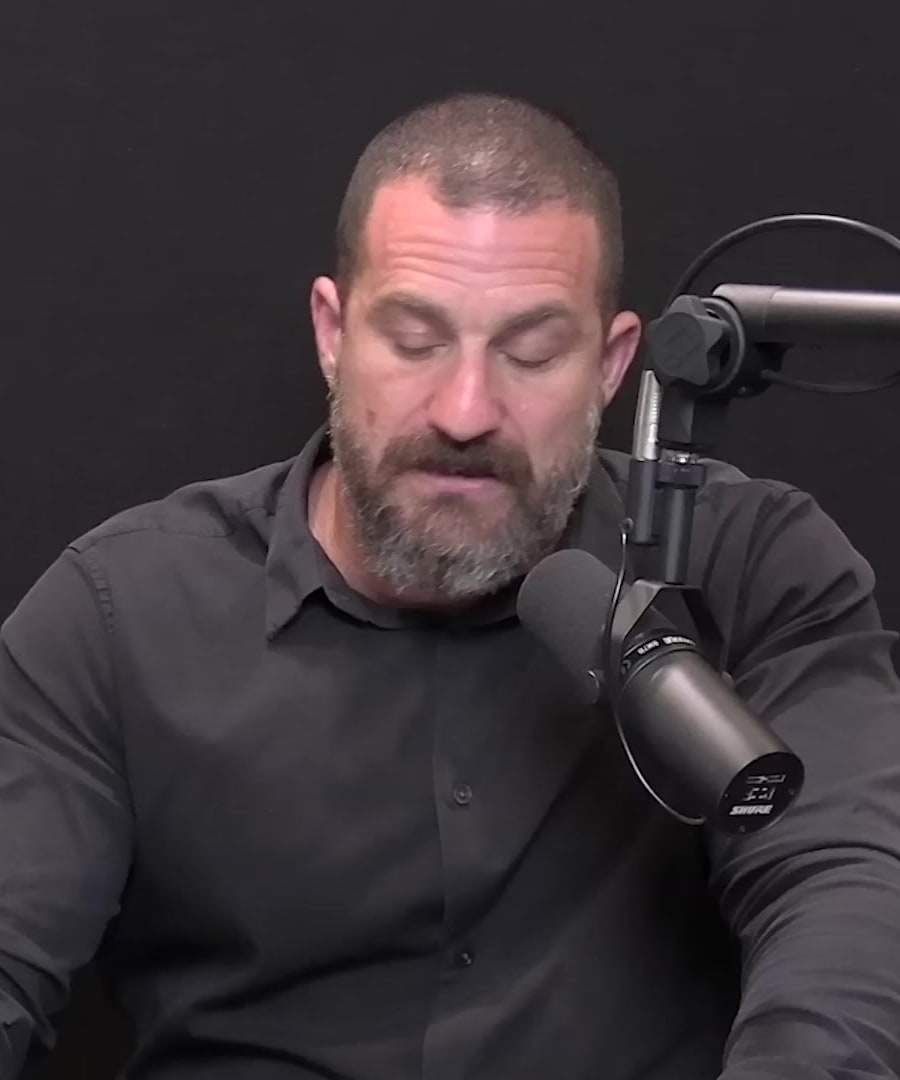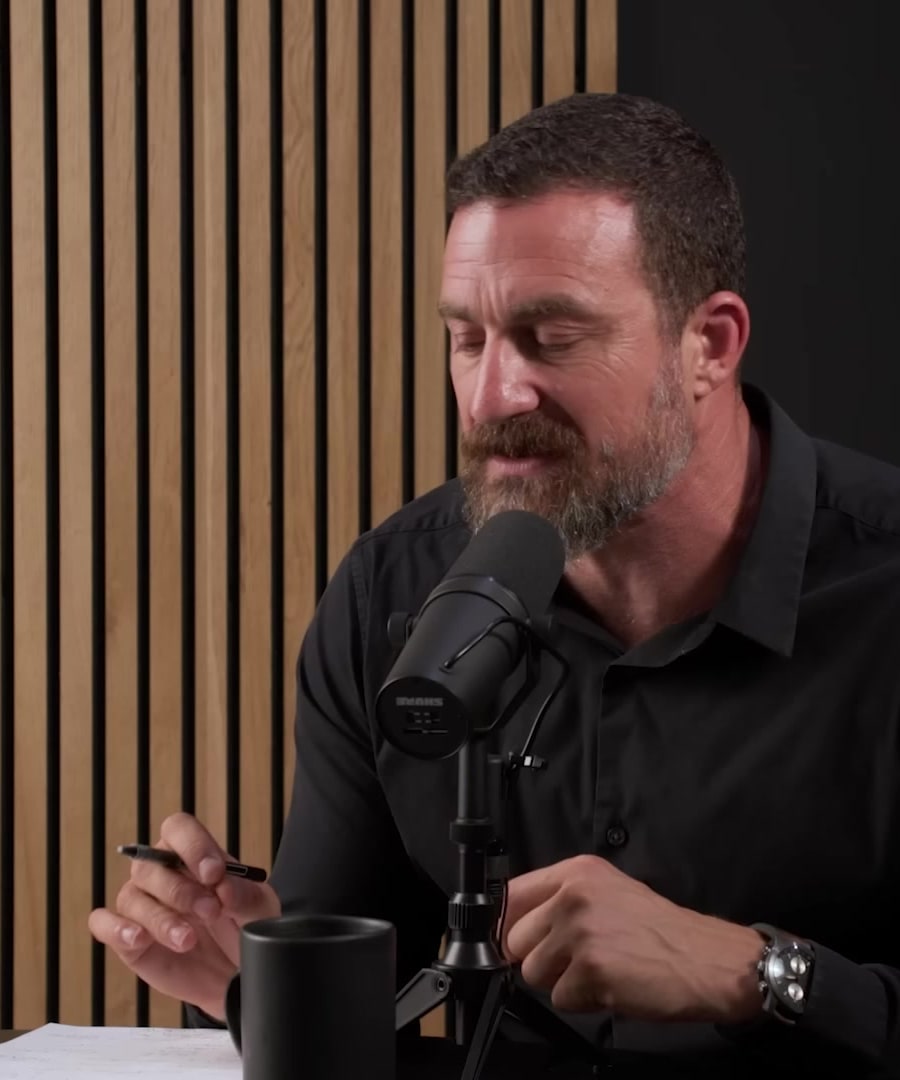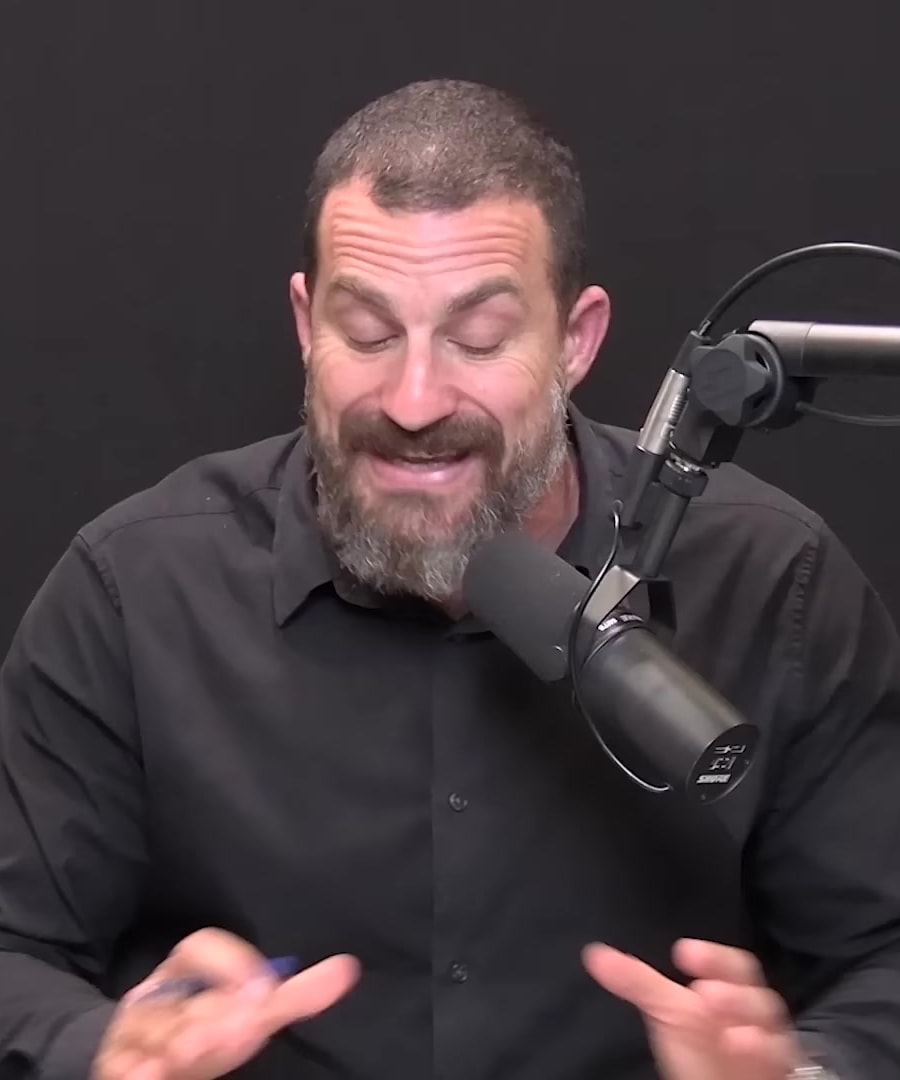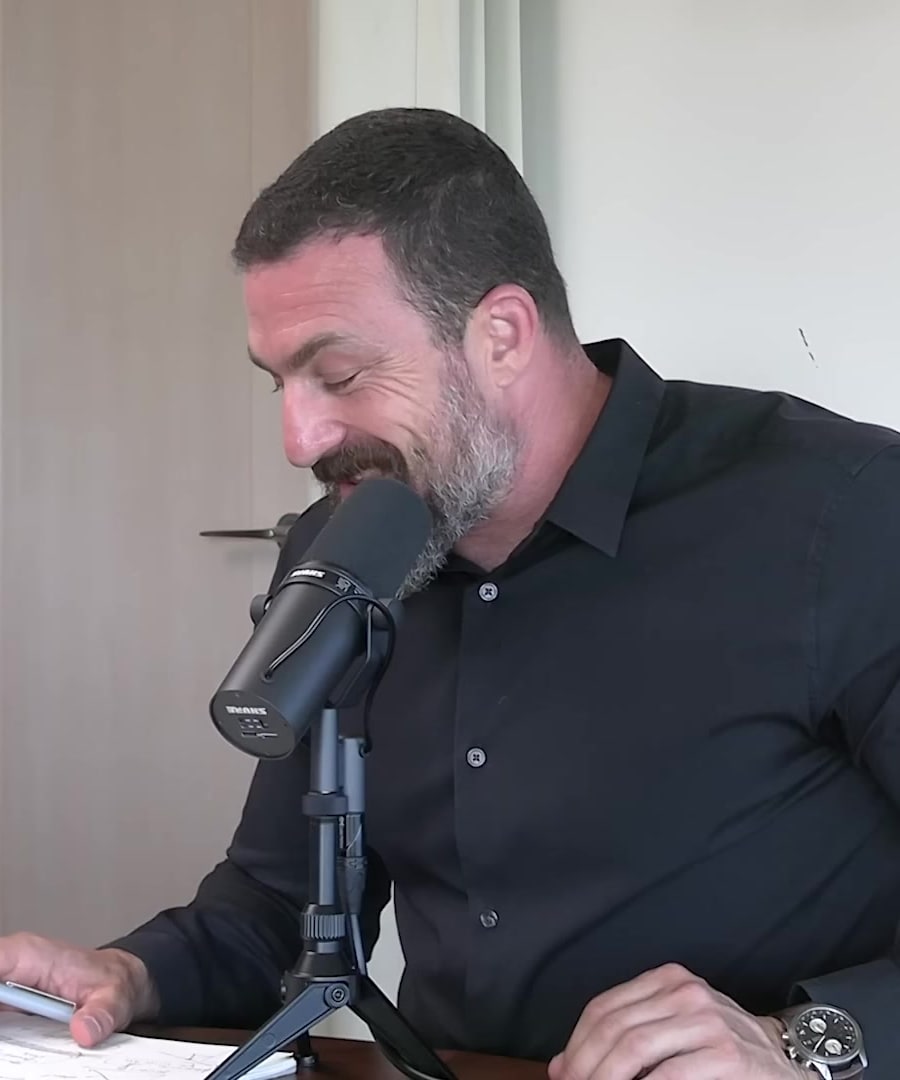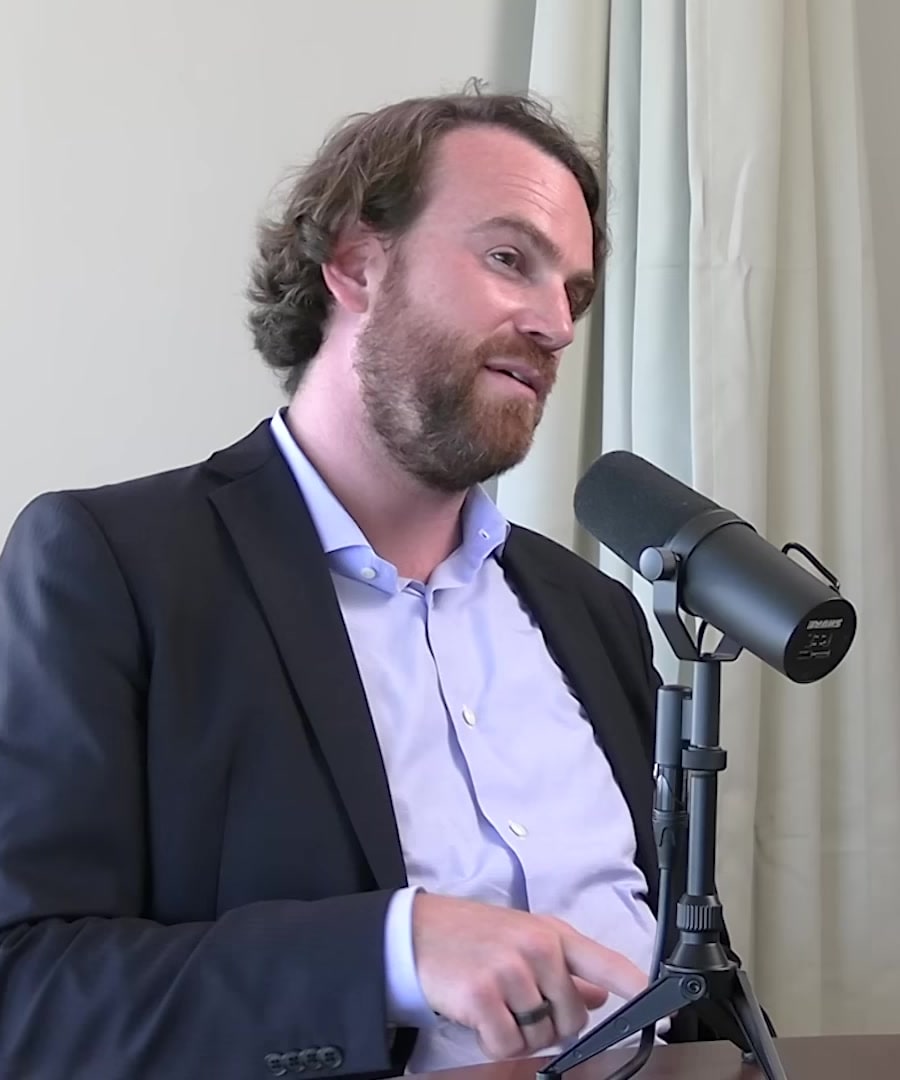Do the protocols for raising ones dopamine levels work for people with therapy resistant depression too?
There are currently no specific clips directly addressing the effectiveness of protocols for raising dopamine levels in individuals with therapy-resistant depression. However, often discusses how increasing dopamine levels can impact mood and motivation, which is relevant for depression in general.
The methods discussed by for increasing dopamine include exposure to sunlight, cold exposure, physical exercise, and specific nutritional and supplement strategies. These can facilitate dopamine release and receptor sensitivity, potentially improving mood and energy levels. However, whether these strategies are specifically effective for therapy-resistant depression isn't explicitly confirmed in the available data.
It's advisable for individuals with therapy-resistant depression to consult with a healthcare professional before implementing any new treatment protocols.
RELATED QUESTIONSWhat are treatments for therapy-resistant depression?
Sources:
Treatments for therapy-resistant depression, as discussed by on the , include several advanced and often more invasive options:
-
Electroconvulsive Therapy (ECT):
- Mechanism: ECT induces a seizure in the patient’s brain, leading to a massive release of neurotransmitters like serotonin, dopamine, and BDNF, which can enhance neuroplasticity.
- Pros: It can be highly effective for major depression when other treatments fail.
- Cons: It is invasive, costly, can cause memory loss, and requires hospitalization 1.
-
Repetitive Transcranial Magnetic Stimulation (rTMS):
- Mechanism: rTMS uses magnetic fields to stimulate specific brain areas, potentially increasing neuroplasticity and reducing depressive symptoms.
- Pros: It is non-invasive and can target specific neural circuits.
- Cons: It is still relatively new, not widely available, and its long-term effectiveness is under study. Patients should approach commercial clinics with caution and prefer those associated with research institutions 2.
-
Ketamine Therapy:
- Mechanism: Ketamine acts on the NMDA receptors in the brain, leading to rapid antidepressant effects.
- Pros: It has shown promising results in rapidly reducing depressive symptoms.
- Cons: It requires repeated administration and ongoing medical supervision 2.
Additionally, the discussion with highlights that some emerging theories in psychiatry suggest SSRIs might, over time, deplete neural systems crucial for enhanced mood, potentially contributing to treatment-resistant depression. Fundamental lifestyle adjustments such as improving sleep, healthy eating, regular exercise, and managing circadian rhythms are emphasized as foundational steps for mental health 3.
Each of these treatments has its specific advantages and drawbacks, and consulting with a healthcare professional is essential for personalized medical advice.
RELATED QUESTIONS-
What does research say about rTMS?
Sources:
The research on Repetitive Transcranial Magnetic Stimulation (rTMS) suggests it as a promising, non-invasive treatment for depression and other conditions:
-
Mechanism:
- rTMS uses a magnetic coil to target specific neural circuits in the brain, either to reduce or activate their activity.
- It increases neuroplasticity and has been shown to reduce depressive episodes and, in some cases, the intensity of manic episodes 1.
-
OCD Treatment:
- rTMS applied to motor areas of the brain while patients have intrusive thoughts can interrupt compulsive behaviors.
- Studies show it can reduce OCD symptoms by disrupting the link between obsessions and compulsions 2.
-
Depression Treatment History and Efficacy:
- Research on rTMS for depression began in 1995, achieving FDA clearance in 2008-2009.
- It is effective due to its ability to stimulate specific brain regions involved in mood regulation 3.
-
Advanced Protocols and Dosing:
- Traditional rTMS protocols required daily sessions for six weeks, which didn't fully utilize the learning principles that enhance its efficacy.
- Recent protocols, like the Stanford Accelerated Intelligent Neuromodulation Therapy, condense treatment into five days of intensive sessions. This new approach has been shown to be highly effective, leveraging space learning theory to enhance outcomes 4.
RELATED QUESTIONS-
Do the protocols for raising ones dopamine levels work for people with therapy resistant depression too?
- RELATED QUESTIONS
What are treatments for therapy-resistant depression?
- RELATED QUESTIONS
What does research say about rTMS?
- RELATED QUESTIONS
